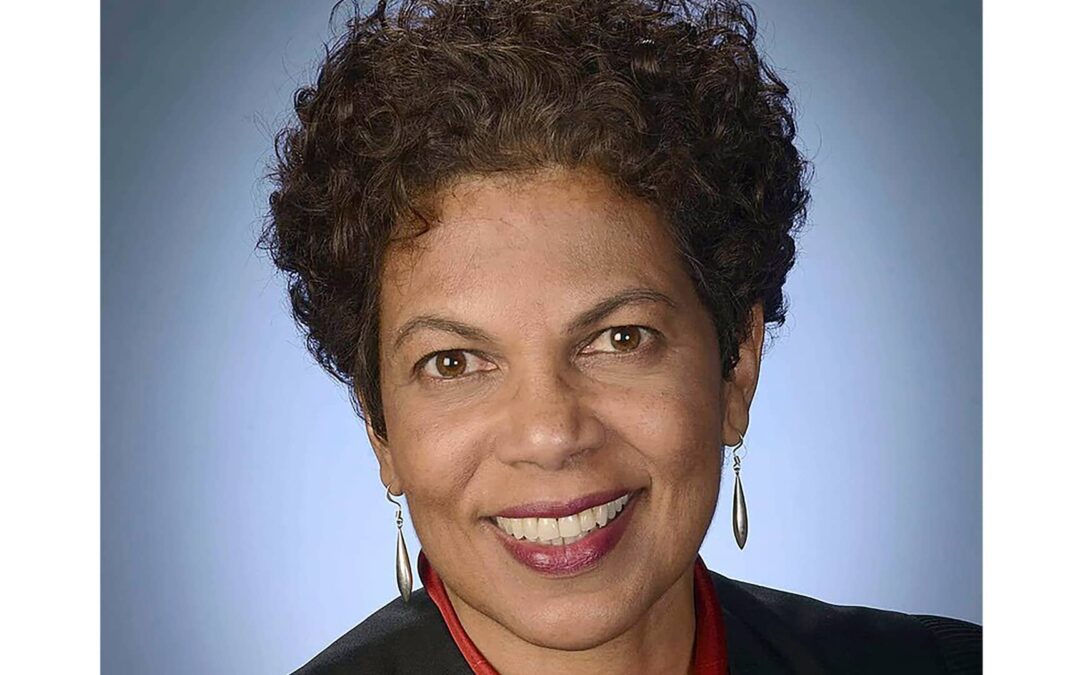A general view of the U.S. Supreme Court as justices issue rulings in pending cases on the final day of the court’s term in Washington, U.S., July 1, 2024.
Leah Millis | Reuters
The U.S. Supreme Court’s presidential immunity ruling on Monday sends the federal case accusing Donald Trump of attempting to overturn his 2020 defeat back to Judge Tanya Chutkan for critical decisions that will shape the future of the historic prosecution.
Chutkan, a judge on the U.S. District Court in Washington, will have to decide whether a pair of Supreme Court rulings requires some of the allegations against the Republican presidential candidate be tossed out.
She will also decide on the timing of the trial, which will determine whether a jury hears evidence that Trump sought to subvert the last election before his Nov. 5 election rematch with Democratic President Joe Biden.
Chutkan has previously promised to give Trump about 90 days to prepare for trial once the case returns to her courtroom, with a trial expected to last six to eight weeks.
Trump was convicted of falsifying business records in New York in May and faces two other criminal prosecutions in addition to the federal election subversion case, which many legal observers see as the only one with even a slim chance of going to trial before the election.
Chutkan, born in Jamaica and nominated as a judge by former Democratic President Barack Obama, was assigned to oversee the Trump case in August 2023. She has had little to do for more than six months as Trump’s bid for presidential immunity stalled any activity until the Supreme Court ruled.
Chutkan, who gained courtroom experience as a public defender representing people accused of murder and sexual assault, has previously shown little patience for Trump’s delay tactics and his attacks on the criminal justice system.”
The fact the defendant is engaged in a political campaign is not going to allow him any greater or lesser latitude than any defendant in a criminal case,” Chutkan told Trump’s lawyers during a hearing last year.
This undated photo provided by the Administrative Office of the U.S. Courts, shows U.S. District Judge Tanya Chutkan.
Source: Administrative Office of the U.S. Courts | AP
Chutkan, a graduate of University of Pennsylvania law school, spent more than a decade representing indigent defendants in Washington, D.C. She moved to top-flight law firm Boies Schiller & Flexner before being confirmed as a federal judge in 2014.
“She’s intense. She’s brilliant. She’s no-nonsense,” said Heather Shaner, a Washington criminal defense lawyer who has appeared before Chutkan. “She doesn’t countenance fools.”
Even before Trump’s case landed in her courtroom, Chutkan drew attention for giving some defendants who stormed the U.S. Capitol on Jan. 6, 2021, during a riot by Trump supporters harsher sentences even than those sought by prosecutors.
“There have to be consequences for participating in an attempted violent overthrow of the government, beyond sitting at home,” Chutkan said at one hearing, ordering a defendant to serve prison time.
‘Presidents are not kings’
Chutkan’s remarks about the Capitol attack, which is part of the indictment against Trump, led to an unsuccessful effort by Trump’s lawyers to recuse her from the case. Trump, who has frequently lobbed verbal attacks at judges in his legal cases, called Chutkan “VERY BIASED & UNFAIR” in a social media post last year.
This case is not Chutkan’s first involving Trump. In 2021 she rejected a civil lawsuit he filed seeking to block the U.S. House committee investigating the Jan. 6 attack from accessing White House records, writing “Presidents are not kings, and plaintiff is not president.”
Chutkan’s handling of the Trump case has stood in stark contrast to Florida-based U.S. District Judge Aileen Cannon, who is overseeing Trump’s other federal criminal case over his retention of classified documents after leaving office in 2021.
Cannon, who was nominated by Trump, has been receptive to arguments in Trump’s defense and indefinitely delayed the start of a trial while considering his array of legal challenges to the charges.
Chutkan swiftly rejected Trump’s argument that he cannot face prosecution for official actions he took as president, writing in a December 2023 ruling that the U.S. presidency “does not confer a lifelong ‘get-out-of-jail-free’ pass.”
But the judge will now have to revisit that issue after the Supreme Court’s conservative majority found that former presidents are immune for official acts. The ruling requires Chutkan to apply its new standard to the case against Trump.
Chutkan will also likely need to determine the impact of a separate Supreme Court ruling raising the legal standard for a federal obstruction charge against people accused of rioting at the Capitol. Two of the four counts against Trump were brought under the same law, but prosecutors previously indicated they intend to move ahead with those charges in his case.
It may be an uphill climb for Trump’s lawyers. During a hearing last year, Trump attorney John Lauro credited Chutkan, saying she “hit the nail on the head” while making a point from the bench.
“That may be the last time you say that for a while,” Chutkan responded, drawing laughs in the courtroom.









